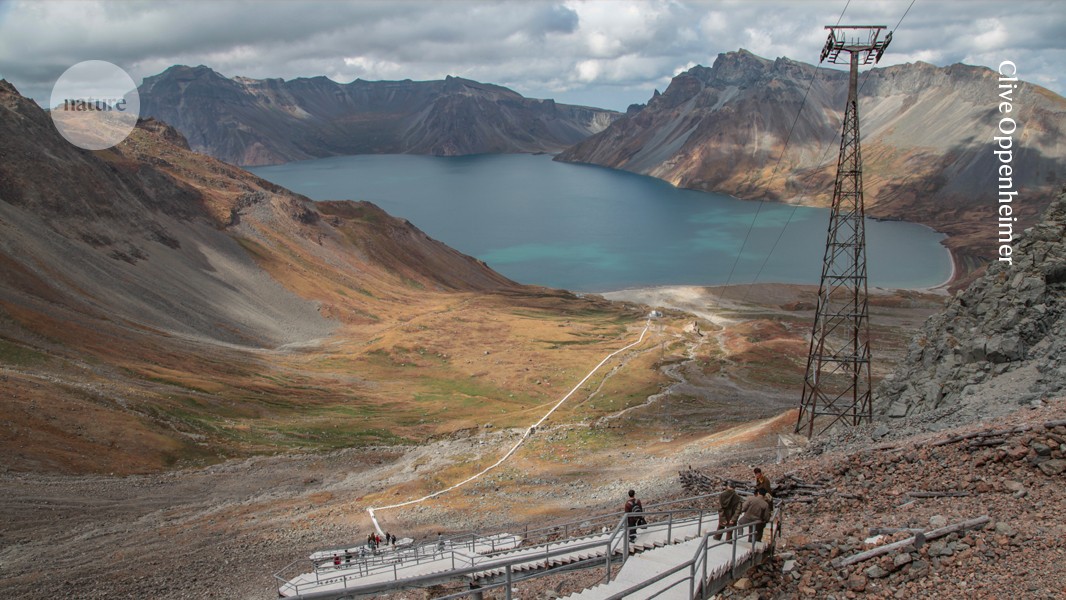
"Pressing challenges, from the climate emergency to pandemic preparedness, demand concerted efforts at the global scale. But the growth in the use of international sanctions since the Second World War, although mostly targeted at economic growth and military capacity, has also affected science and scientific cooperation (see 'Science, restricted' and Supplementary information for raw data). Many nations have suspended publicly funded collaborations with the scientific institutions of several countries, including Iran, North Korea and Russia."
"Even when they don't target science specifically, sanctions hinder cross-border collaborations by increasing bureaucracy, restricting exports of equipment and financial transactions, as well as skewing where research is done. Sanctions can also evolve rapidly, and changes in international relations can be hard to foresee, making long-term projects - such as the monitoring of changes in climate and ecosystems - difficult to sustain."
The expansion of international sanctions since World War II has affected science and scientific cooperation, with many countries suspending publicly funded collaborations with institutions in Iran, North Korea and Russia. Sanctions increase bureaucracy, restrict equipment exports and financial transactions, and skew where research is conducted. Rapid changes in sanctions and international relations make long-term environmental monitoring and ecosystem research difficult to sustain. Sanctions on Russia have produced gaps in data that underpin global climate models, despite Russia being a major CO2 emitter and holding more than half of the Arctic coastline. Five approaches can help maintain scientific collaborations amid geopolitical fragmentation.
Read at Nature
Unable to calculate read time
Collection
[
|
...
]